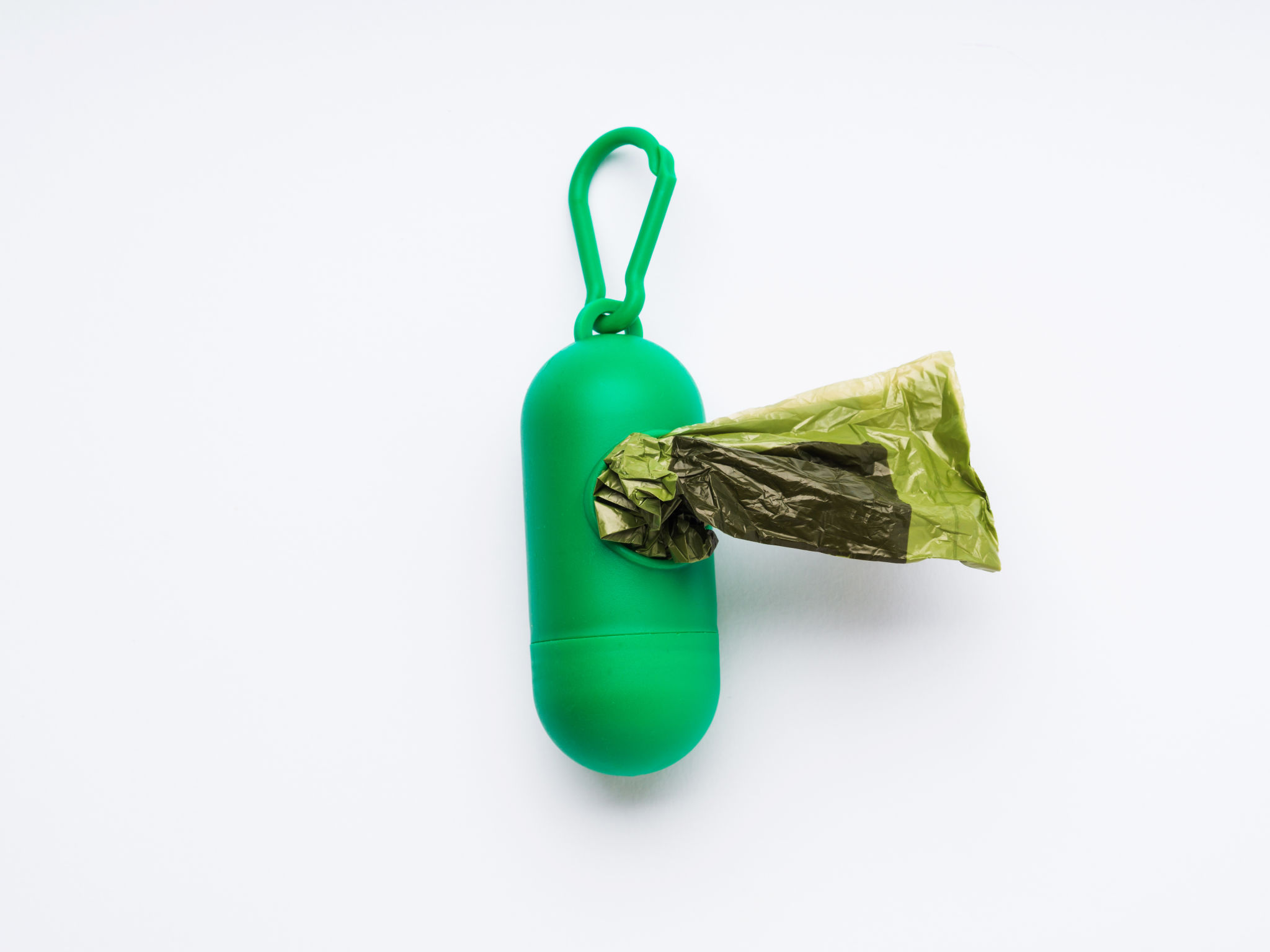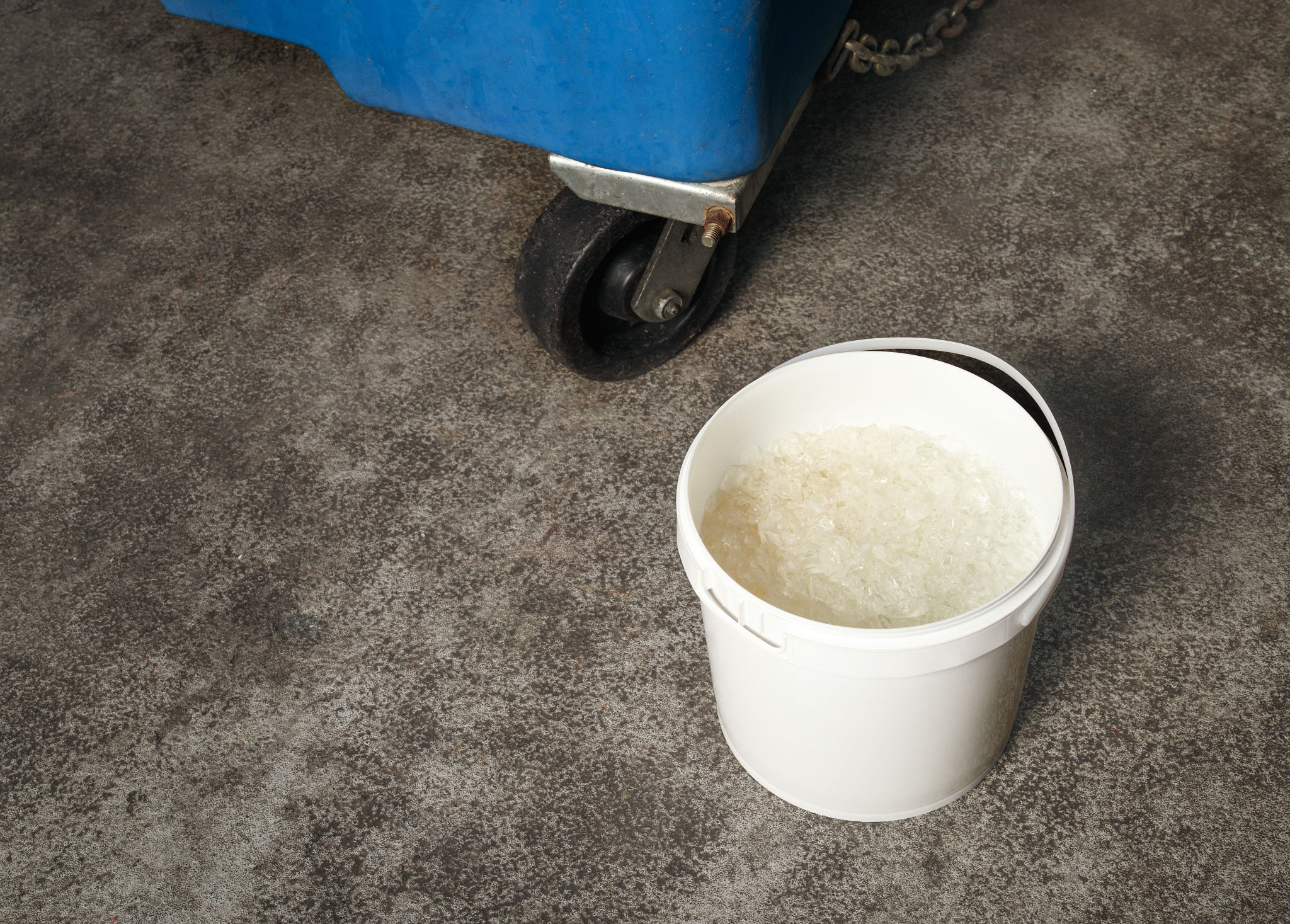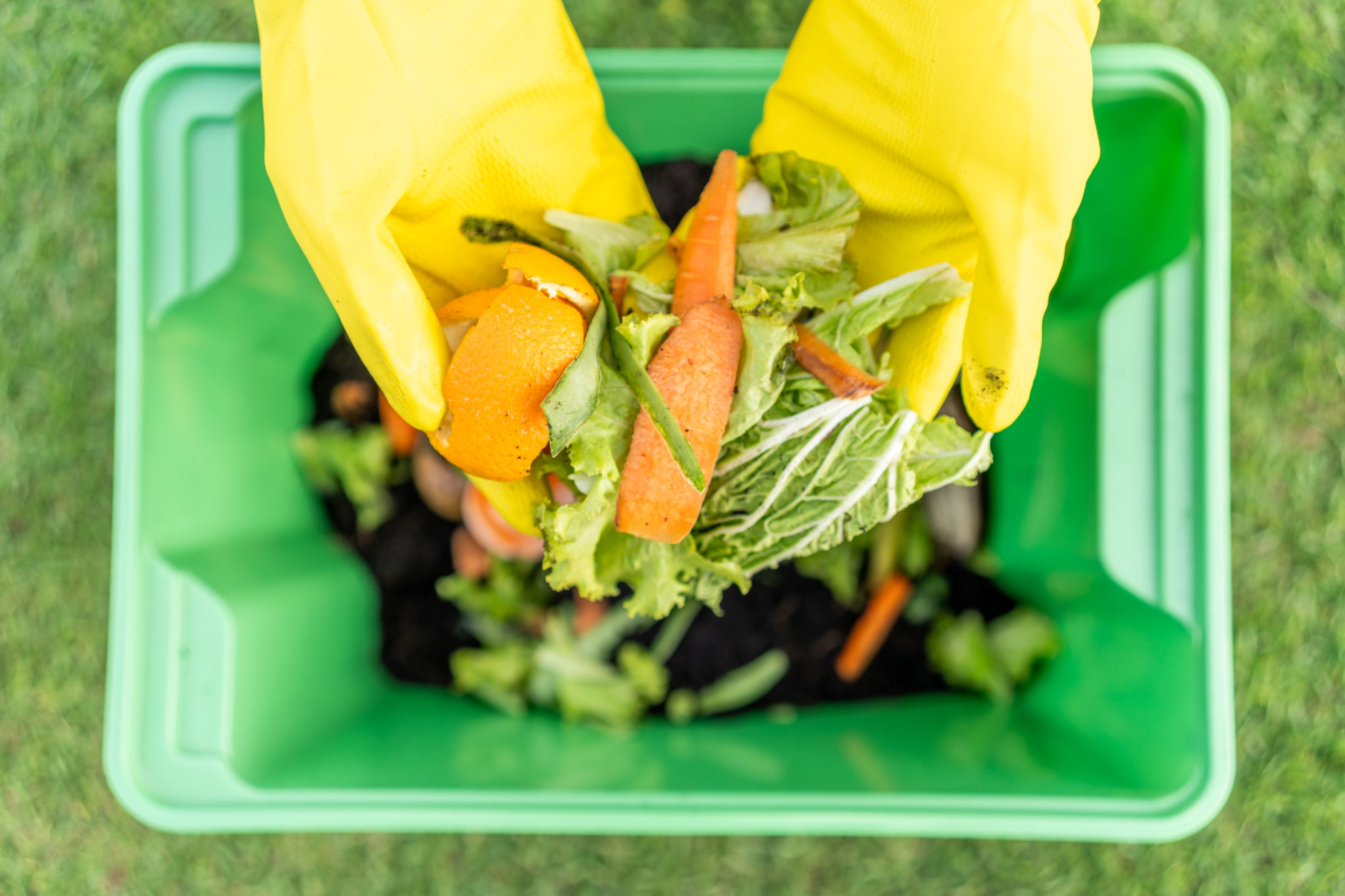Is It Safe to Compost Dog Feces? Expert Insights and Tips
Understanding the Basics of Composting Dog Feces
Composting is an excellent way to reduce waste and create nutrient-rich soil for gardening, but when it comes to composting dog feces, many people are left questioning its safety. While it is possible to compost dog feces, it requires careful handling due to potential health risks. Dog feces can contain harmful pathogens that, if not dealt with properly, can contaminate your compost and, subsequently, your garden.

Why Compost Dog Feces?
Composting dog feces can serve numerous benefits. Not only does it reduce landfill waste, but it also recycles nutrients back into the environment. This can be particularly beneficial for those who have limited access to commercial compost options or who wish to create their own sustainable practices at home. However, it’s crucial to follow the right steps to ensure safety and effectiveness.
Risks Associated with Composting Dog Feces
The primary concern with composting dog feces is the presence of harmful pathogens such as E.coli and Salmonella, which can pose health risks to humans and animals. These pathogens can survive typical composting processes if not managed correctly. Therefore, understanding the specific requirements for safely composting dog feces is essential.

Steps for Safe Composting
To safely compost dog feces, consider the following steps:
- Ensure High Temperatures: Maintain a temperature of at least 140°F (60°C) for several days to kill harmful pathogens.
- Avoid Food Crops: Use the composted material exclusively for non-edible plants, such as ornamental gardens or trees.
- Add Carbon-Rich Materials: Incorporate materials like leaves or straw to balance nitrogen-rich dog feces and facilitate decomposition.
Expert Tips for Successful Composting
Experts recommend using a dedicated composting system for dog waste to avoid cross-contamination with other household compost. This could be a separate bin or tumbler specifically designed for animal waste. Additionally, regularly turning the compost and monitoring its temperature can enhance the decomposition process and reduce odor.

Alternatives to Traditional Composting
If traditional composting seems daunting, consider alternatives such as enzyme-based digesters or commercial pet waste disposal systems. These solutions offer a straightforward method to manage dog waste without the hassle of maintaining a compost pile.
Conclusion: Is It Right for You?
While composting dog feces is possible and environmentally beneficial, it requires careful attention to detail and adherence to safety guidelines. By following expert advice and using appropriate tools, you can safely incorporate this practice into your routine. However, it’s essential to assess whether this approach aligns with your capabilities and lifestyle before proceeding.
Ultimately, if managed correctly, composting dog feces can be a sustainable practice that reduces waste and contributes positively to the environment. Before starting, ensure you have the necessary resources and knowledge to maintain a safe and effective composting system.